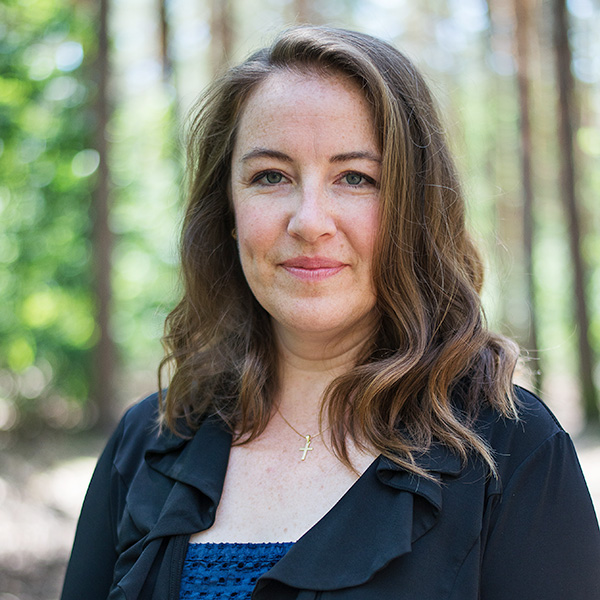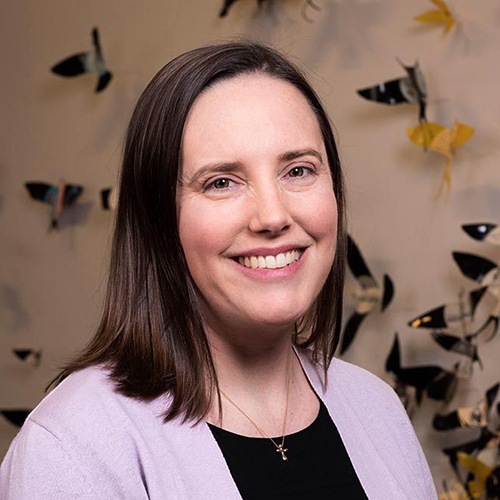A new lens can ease the strain of ministry
A bivocational pastor draws from her career as a therapist to suggest that viewing ministry through the lens of unconditional positive regard can help clergy focus on what is thriving.
A bivocational pastor draws from her career as a therapist to suggest that viewing ministry through the lens of unconditional positive regard can help clergy focus on what is thriving.
 Link to author Meagan Manas
Link to author Meagan Manas
Spiritual practices may not always provide the answers we seek, but they can encourage us to keep asking questions.
 Link to author Laura M. Fabrycky
Link to author Laura M. Fabrycky
When runners train for a race, they are told to spend most of their time preparing at a slower pace to help them speed up when needed. The strategy offers important lessons for how we approach our work and life, writes the director of communications for Leadership Education at Duke Divinity.
 Link to author Emily Lund
Link to author Emily Lund
Modern understandings of self-care often focus on temporary fixes, not long-term wholeness, says a psychologist.
 Link to author Jessica Young Brown
Link to author Jessica Young Brown
We need to take time to understand and embody the principles of resistance, says the author of a new book.
From self-care to relationships with similar others, there are off-the-bike lessons to be learned from Peloton instructors, writes the director of the Thriving in Ministry Coordination Program at Leadership Education at Duke Divinity.
 Link to author Alaina Kleinbeck
Link to author Alaina Kleinbeck
Caregivers must be able to recognize the image of God within themselves in order to care for it within others, says the author of a recent book.
As we resume connection, our fears ease and contemplation becomes possible, a priest and a psychologist write.
A practice to promote well-being offers the possibility of joy despite brokenness, writes the director of the Thriving Congregations Coordination Program at Leadership Education at Duke Divinity.
 Link to author Kelly Ryan
Link to author Kelly Ryan
A supportive space for pastors where they don’t have to explain their work can be key in preventing isolation in ministry.
 Link to author Ruth Perkins Lee
Link to author Ruth Perkins Lee
